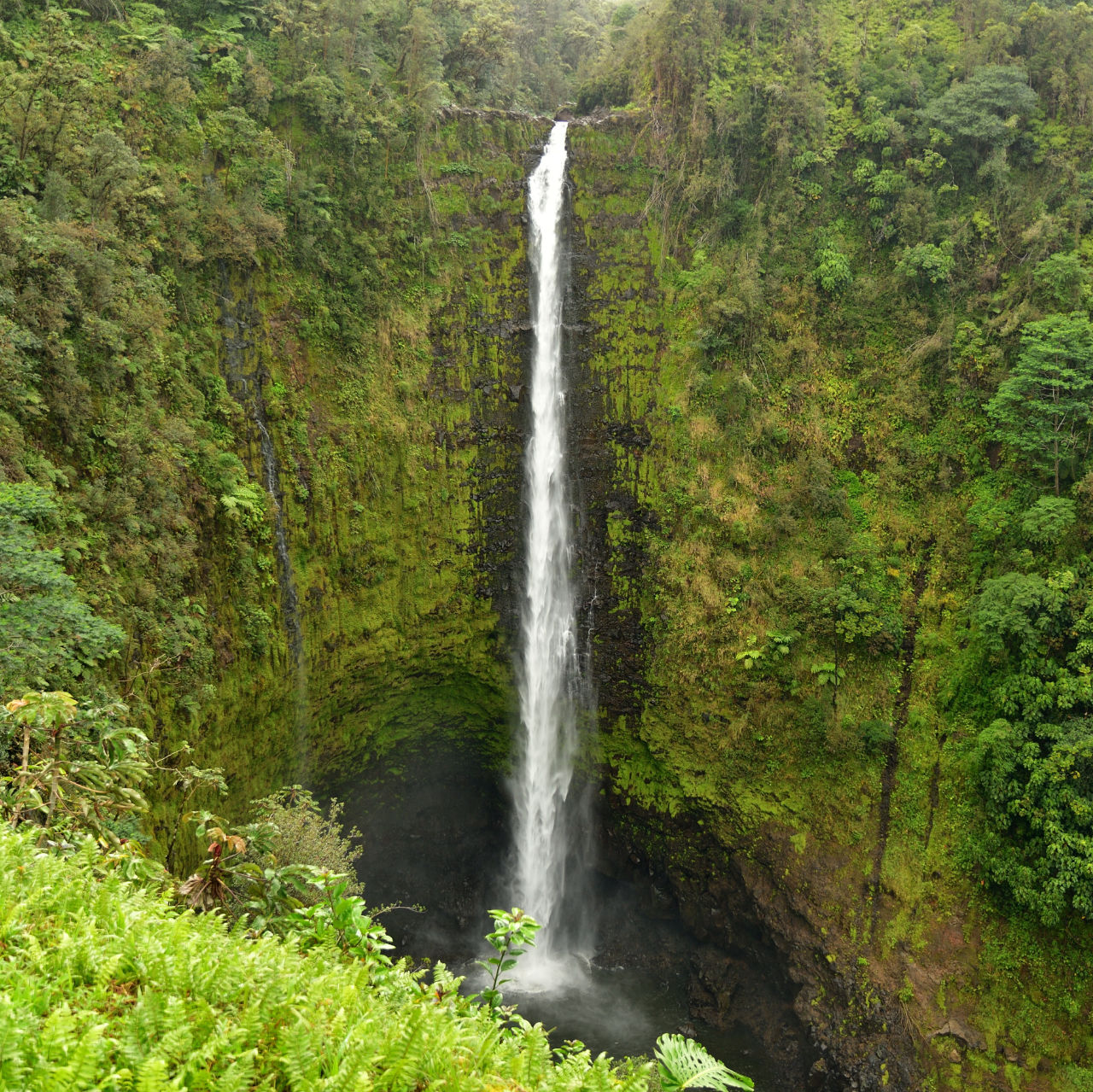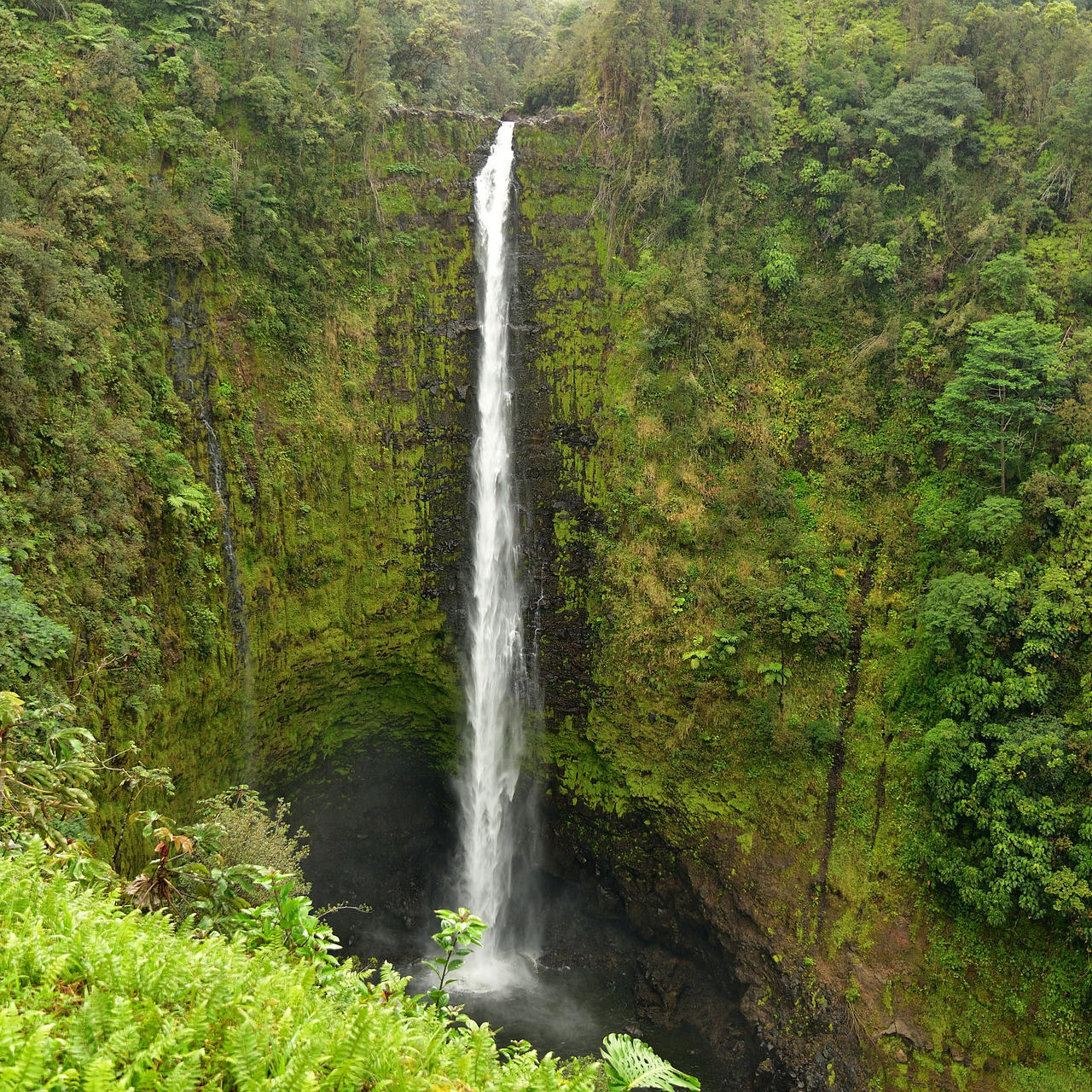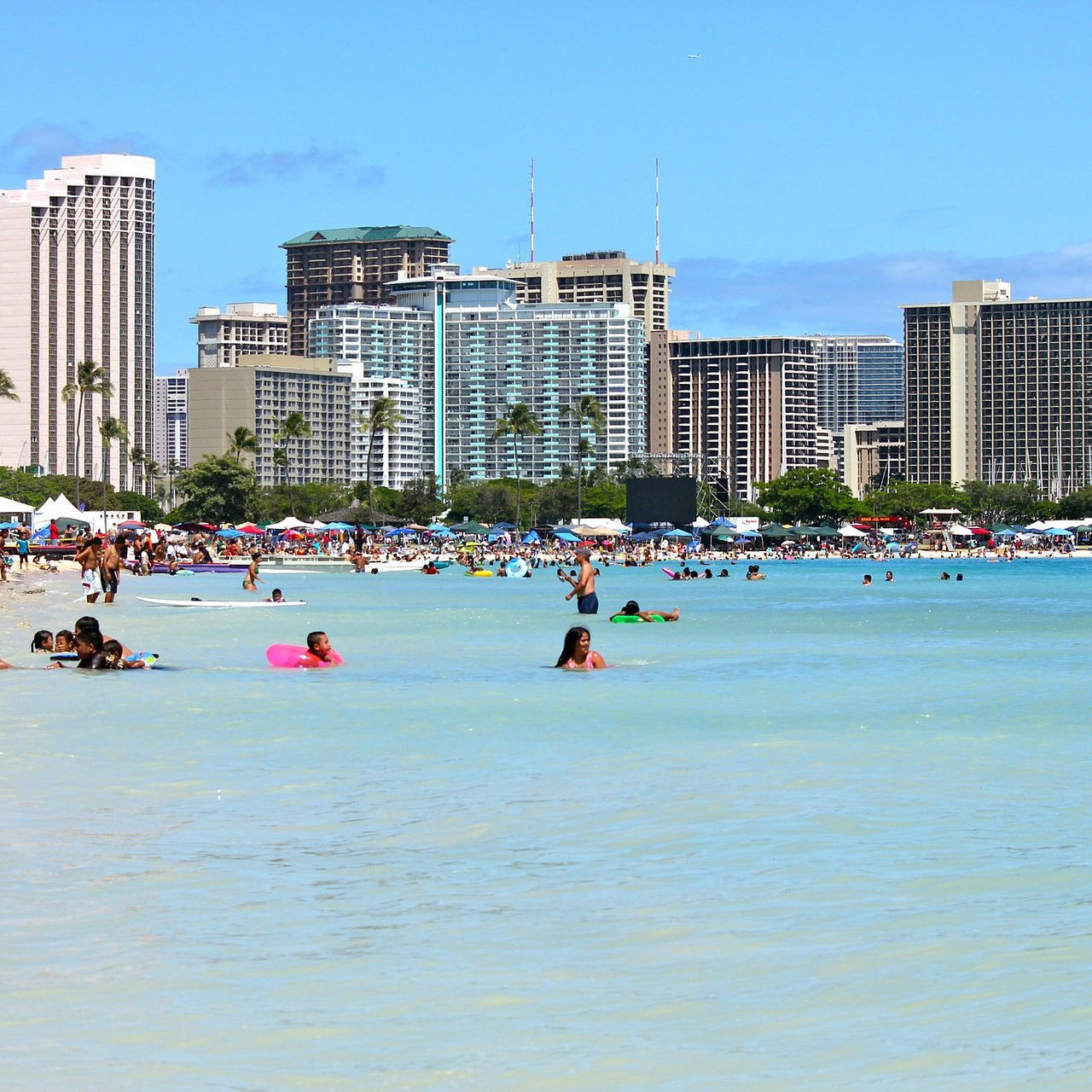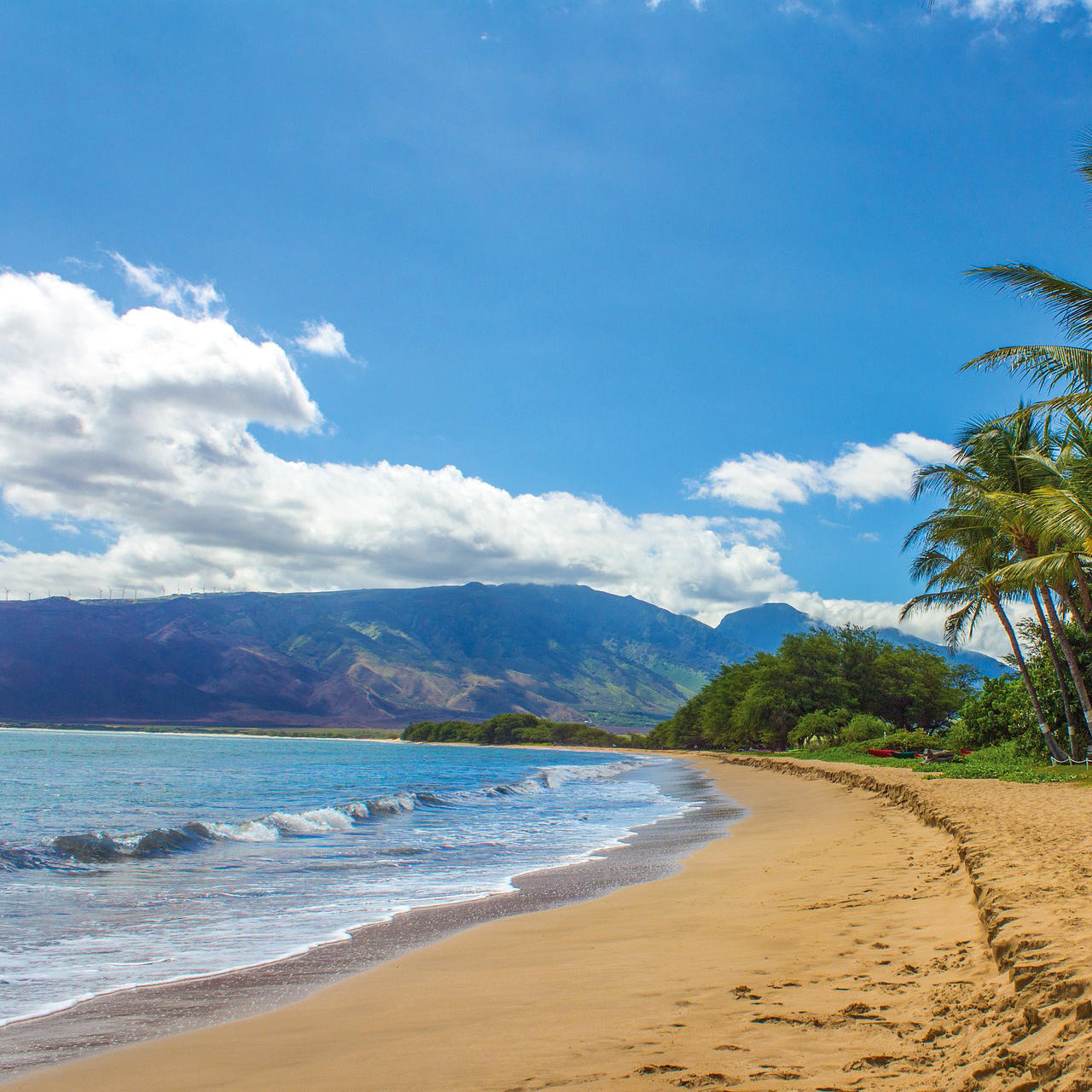State of Hawaii Short-Term Rental Regulations
Short-term rental regulations vary depending on the location and may include zoning laws, occupancy and safety standards, taxation, licensing, and insurance requirements review our guides for more information specific to your city.
Reviewed by Derick Hargrave
Last updated September 10, 2023
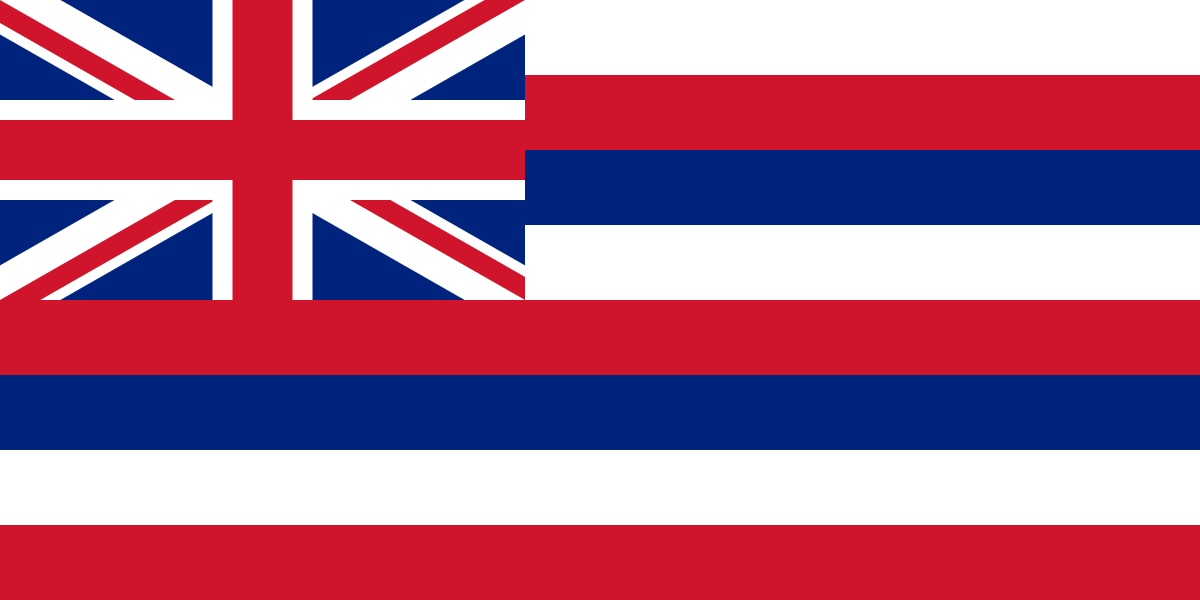
Overview of Hawaii Short-Term Rental Regulations
Information is maintained by the community to provide helpful insights and links to local regulations, HostScouts does not provide legal or investment advice.
With its tropical climate and world-renowned beaches, Hawaii is a dream destination for vacationers from across the globe. As a home or condo owner in the Aloha State, you may be eager to tap into the lucrative short-term rental market. But Hawaii's rules and restrictions for short-term lodging are extensive and complex.
Before listing your Oahu condo or Kauai beach house on Airbnb and other sites, it's essential to understand the layers of state statutes, county ordinances, and condo or homeowners' association policies governing short-term rentals in Hawaii.
Defining Short-term Rentals in Hawaii
Let's first examine key factors distinguishing short-term rentals in Hawaii.
What is Considered a Short-term Rental
The State of Hawaii does not have a unified definition of a short-term rental. Most counties and cities define this as a residential dwelling or lodging that is available for rent for less than 30 consecutive days in exchange for remuneration. Other places, like Honolulu, expand the vacation rental definition to include rentals of up to 90 days.
Short-term rentals contrast with long-term leases of a year or more. They also differ from home-sharing arrangements where the owner or tenant resides on-site during the rental.
Note that specific regulations can vary on each Hawaiian island and even by county or zoning district. Always verify local rules for your property's location.
Rental Period Length
To qualify as a short-term rental in Hawaii, the maximum length of stay is typically 179 consecutive days or less, with some jurisdictions allowing up to 90 days. However, some counties and associations prohibit rentals shorter than 30 days, 60 days, or 90 days.
For instance, Honolulu County bans rentals under 30 days in residential zones. Review precise rental period limits based on where your property is situated.
Types of Rentals
Short-term rental regulations typically apply to:
- Single-family homes
- Condos
- Apartments
- Cottages
- Guest houses
Rules can vary for primary residences versus dedicated vacation rentals. Hosted home shares may have exceptions in some areas.
Geographic Oversight
Oversight of short-term rentals in Hawaii involves multiple levels, including:
- State laws
- Individual county ordinances
- City regulations
- HOA/condo association bylaws
Be sure to check all relevant state, county, city, and HOA policies that could apply to your property.
Starting a Short-term Rental Business in Hawaii
This section outlines key requirements for legally operating short-term rentals in Hawaii.
Registration
Since Hawaii does not require state-level licenses or permits, the main steps to start a short-term rental business are:
- Registering a business name online
- Obtaining a State Tax ID Number for tax filing and payment
- Complying with relevant county and city rental regulations
Permitting
While Hawaii has no statewide permitting for short-term rentals, many counties and cities impose licensing or regulations, including:
- Honolulu's nonconforming use certificates for qualifying Oahu Properties
- Maui's short-term rental home permits
- Kauai's permit approval requirements
Licensing
Hawaii requires hosts to obtain transient accommodation and general excise tax licenses. For example, counties can mandate additional licenses - Hawaii County requires $500 annual licenses for hosted rentals.
Application Process
Typical documents and information required for short-term rental registration include:
- Rental property address
- Proof of ownership
- Contact information
- Rental terms and platforms
- Affidavits agreeing to compliance
Submit applications early to allow ample review and processing time before booking guests.
Getting Started Tips
Here are a few tips for smoothly starting short-term rentals in Hawaii:
- Check all state, county, city, and HOA regulations
- Research registration/permitting requirements
- Consider neighbor impacts
- Obtain proper insurance coverage
- Consult an attorney on rules
Taking these steps will help set your rental business up for success.
Housing Rules and Requirements
This section covers key Hawaii laws related to safety, occupancy, and insurance for short-term rentals.
Occupancy Limits
Hawaii state law restricts short-term rental occupancy to:
- 1-2 bedrooms - max 5 guests
- 3-4 bedrooms - max 10 guests
- 5+ bedrooms - max 10 guests plus 2 per additional bedroom
Some counties like Maui and Kauai enforce stricter limits. Exceeding maximum occupancy is grounds for substantial fines.
Fire Safety
Short-term rentals must meet statewide fire codes, including:
- Smoke detectors in all bedrooms
- Fire extinguisher in the kitchen
- Emergency escape routes marked
- Visible house numbers for first responders
Regular fire inspections help spot potential hazards before major issues arise.
Inspections
Many Hawaii counties require an initial inspection of the short-term rental unit focused on items like:
- Smoke detectors
- Carbon monoxide detectors
- Safety railings and exits
- Electrical, plumbing, and structural integrity
- Compliance with occupancy limits
Booking inspectors promptly allow time for any needed repairs or improvements.
Insurance
Typical homeowners insurance does not cover commercial short-term rental activity. As a Hawaii host, you need proper coverage such as:
- Homesharing endorsement on homeowners policy - Covers liability risks for around $50-$150/year.
- Landlord or rental dwelling policy - Standalone policy for investment properties, more expensive but very comprehensive.
- Excess liability insurance - Provides extra coverage beyond standard policies, approx. $350/year for $1 million coverage.
- Airbnb host insurance - Liability coverage through rental platforms, low cost but has exclusions.
When reviewing policies, look for coverage of property damage, liability claims, loss of rental income, no STR exclusions, and adequate policy limits.
Short-term Rental Taxes in Hawaii
This section examines key taxes impacting Hawaii short-term rental hosts.
State Taxes
At the state level, Hawaii's 10.25% Transient Accommodations Tax (TAT) applies to rentals under 180 days. This is calculated on the gross rental rate, including all guest fees and charges.
Hawaii also charges a 4% General Excise Tax (GET) on rental revenue. Both taxes are remitted to the Department of Taxation.
Local Taxes
Counties add their own taxes on top of Hawaii's 10.25% TAT, such as:
- Honolulu - 0.546% TAT surcharge
- Maui County - Additional 2.5-3.5% TAT
- Kauai County - 1-3% TAT depending on location
For example, a Kauai County rental with a 10% surcharge would face a total % tax rate of 20.75%.
Reporting and Remittance
As a host, you must file periodic tax returns for state and local taxes. Filing frequency depends on revenue:
- Under $4,000/month - File quarterly
- $4,000-$100,000/month - File monthly
- Over $100,000/month - File semi-monthly
Rental platforms like Airbnb may handle reporting and payment on your behalf. But, independent hosts must accurately track and submit taxes to avoid penalties. Using accounting software can help manage multijurisdictional tax obligations.
Penalties
Non-payment of taxes can result in:
- Tax assessments equal to amounts owed
- 10-25% penalties on unpaid taxes
- Accrued interest on tax due
- Possible rental permit revocation
- Up to $10K fines for violations
Properly collecting, reporting, and remitting all taxes is crucial for compliance.
Final Thoughts
While rewarding, hosting short-term rentals in Hawaii requires meticulous attention to myriad regulations. Thoroughly research all applicable state, county, city, and HOA rules before listing your Aloha State property.
Hawaii Airbnb Regulations by City
Information is maintained by the community to provide helpful insights and links to local regulations, HostScouts does not provide legal or investment advice.


